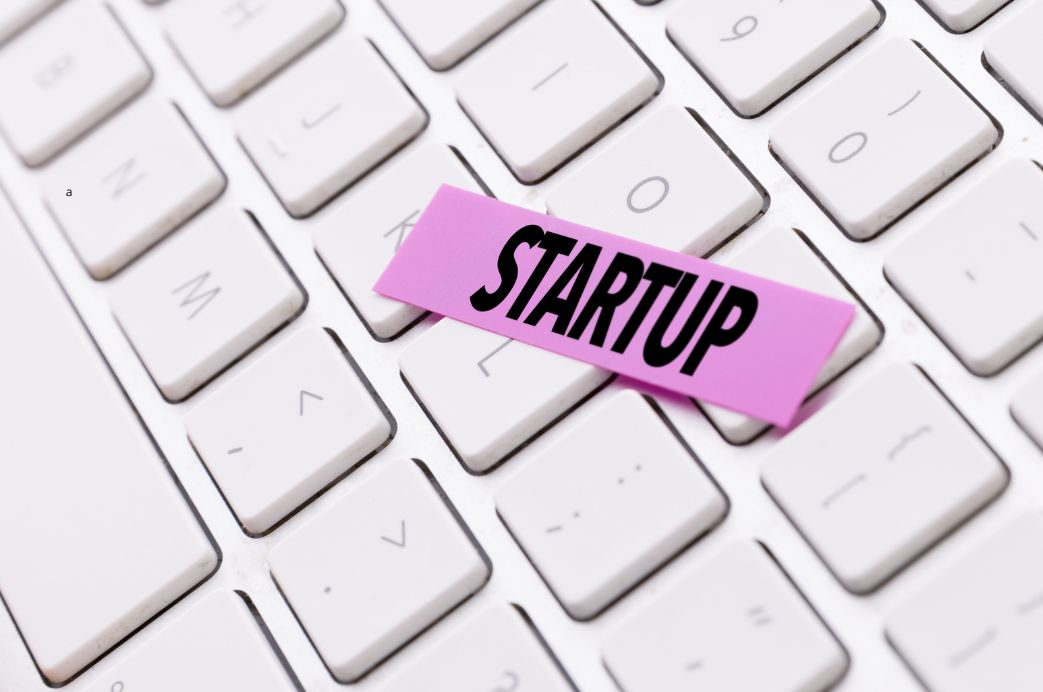O conceito de Lean Startup tem revolucionado a maneira como empresas desenvolvem seus produtos e serviços. A metodologia da startup enxuta, detalhada pelo empreendedor Eric Ries, defende que a inovação não é fruto apenas de uma ideia genial, mas sim de um processo contínuo que pode ser aprendido e aplicado.
A Lean Startup tem como base o princípio de que companhias inovadoras devem desenvolver seus produtos e validar suas ideias no mercado com o mínimo de recursos. Ou seja, em vez de investir pesado em um produto final, sem garantia de sucesso, a empresa disponibiliza uma versão simplificada — o chamado Minimum Viable Product (MVP) — e coleta feedback dos usuários. Isso permite ajustes constantes e redução do risco de grandes erros, bem como otimização do desenvolvimento. Além disso, economiza tempo, dinheiro e energia para focar no que realmente importa: atender às demandas da clientela e melhorar o produto com base em dados reais.
Ao contrário dos métodos tradicionais, em que as falhas são evitadas a todo custo, na Lean Startup elas são consideradas aliadas. A metodologia se destaca por encará-las como oportunidades de aprendizado, oferecendo informações relevantes sobre o que não funciona e ajudando a organização a ajustar seu curso. Isso não significa que a abordagem elimina os erros, mas que os transforma em chances de melhoria contínua.
Outro benefício é o incentivo a uma cultura de inovação constante. Ao permitir que as empresas lancem produtos rapidamente e os ajustem com base em feedbacks, o modelo Lean acelera o processo. Isso torna a gestão mais eficiente e melhora a capacidade de adaptação às mudanças do mercado.
Ciclo de construção, medição e aprendizado
O ciclo de construção, medição e aprendizado é o coração da Lean Startup. Primeiro, a companhia constrói o MVP. Em seguida, mede os resultados, coletando dados sobre a recepção do produto. Com base nessas informações, ela aprende o que funciona e o que precisa ser ajustado. Esse ciclo permite que a startup evolua e se adapte rapidamente, ao mesmo tempo que mantém custos baixos. Dessa forma, ela garante que está desenvolvendo algo que o mercado realmente deseja, e não apenas um produto baseado em suposições.
Futuro do Lean Startup
À medida que o mercado continua evoluindo, a metodologia Lean Startup está ganhando ainda mais relevância. Organizações de todos os portes estão percebendo os benefícios de uma gestão enxuta, com foco na inovação contínua. O conceito já provou ser uma ferramenta poderosa para startups e é cada vez mais adotado por empresas que buscam se manter competitivas. A tendência é que mais companhias adotem essa abordagem, tornando-se mais preparadas para enfrentar os desafios do mercado, que está em constante mudança.


